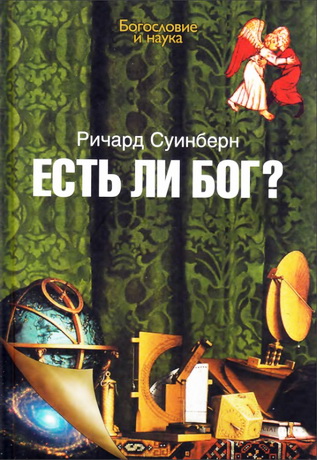
Allison - The Baker Compact Dictionary of Theological Terms - модуль BibleQuote
Gregg R. Allison - The Baker Compact Dictionary of Theological Terms
Baker Academic, 2016. – 256 p.
Ebook edition created 2016
ISBN 978-1-4934-0485-8
The Baker Compact Dictionary of Theological Terms is designed for people who seek a concise understanding of the most significant words at the heart of the Christian faith.
When God reveals himself, a key means of his self-disclosure is through words. When God called Abraham, he commanded this pagan to leave his country and family and to settle in an unknown land. Then God promised to make Abraham a blessing to the whole world (Gen. 12:1–3). God spoke in human words, and Abraham obeyed and trusted him. When Jesus called Peter and Andrew, he told them, “Follow me, and I will make you fishers of men.” God the Son spoke in human words, and these men followed and were transformed into Jesus’s first disciples (Matt. 4:19–20). Of course, the pinnacle of worded revelation—Scripture—is the Word of God in human words.
Similarly, words are vital to the church as it constructs its theology. The essential beliefs about the Christian faith cover many areas: God, Scripture, humanity, Jesus Christ, sin, salvation, the Holy Spirit, the church, last things. Each of these theological topics has its own specific terms: Trinity, inspiration, the image of God, hypostatic union, concupiscence, justification, sanctification, baptism, the millennium. For ease in understanding the most significant theological terms at the heart of the Christian faith, this dictionary was written.
This is a compact dictionary: it contains about six hundred terms, each of which is defined in roughly one hundred words. Its concise nature means that many terms had to be left out. Still, the six hundred that are included are the most important terms, those that readers of theology books and other theological resources will come upon over and over again. Its concise nature also means that each definition is very tight, sticking to essential matters. Much more could be written, but each term’s succinct definition avoids extraneous ideas and nuanced discussion.
This dictionary has a specific use. My hope is that readers, when reading a theology book, listening to a lecture about some theological topic, or hearing a sermon on a Christian doctrine, will consult this dictionary for the definition of terms that are not explained. For example: What is meant by the eternal generation of the Son in discussions about the ontological Trinity? Or what is the difference between total depravity and total inability in debates about original sin? Still again, what is the distinction between transubstantiation, consubstantiation, memorial view, and spiritual presence with regard to the presence of Christ in the celebration of the Lord’s Supper? Simple navigation of the alphabetical ordering of terms is all that is required to find the definition of these terms and to be able to answer these important questions that people have about theological matters.
The theological terms included in this Compact Dictionary are of a few general types: doctrines (e.g., the atonement, the church), biblical terms that are important for theology (e.g., Messiah, Son of Man), church practices (e.g., anointing of the sick, immersion), philosophical terms that are important for theology (e.g., a posteriori, a priori, compatibilism), persons (e.g., John Wesley, Thomas Aquinas), councils (e.g., Councils of Nicea I and II, Council of Trent), movements (e.g., Protestantism, Pentecostalism), and documents (e.g., the Chalcedonian Creed, Chicago Statement on Biblical Inerrancy).
Every book is written from a certain perspective, so this dictionary reflects my theological outlook. Most broadly, I am a Christian, championing the general theological consensus or tradition that has been handed down from Jesus and his apostles through the early church to today. More particularly, I am a Protestant, following the legacy of Martin Luther, John Calvin, and their successors. More specifically yet, I am an evangelical, standing in the heritage of this expansive movement that is centered on the evangel, or gospel, of Jesus Christ. Accordingly, this dictionary’s theological terms are defined from an evangelical perspective.
* * *
MIRACLE
A supernatural, extraordinary event that diverges from observed natural processes. As signs, miracles point to divine activity; as wonders, they astonish onlookers; as mighty works, they express exceptional power (2 Cor. 12:12). Acts such as the feeding of the five thousand and the raising of Lazarus testified to the deity of Jesus (John 20:30–31). His disciples performed healings and other miracles in Jesus’s name as derivative uses of his power; these acts confirmed the disciples’ status as authoritative messengers of the gospel (Heb. 2:4). The spiritual gift of miracles is the supernatural ability to effect mighty acts through divine power. See also omnipotence; providence.
ORIGINAL SIN
The state of all people at birth, a condition that consists of (1) original guilt, the liability to suffer eternal condemnation (some theologies deny this element); and (2) original corruption, the sinful nature or tendency toward evil. Some theologies further detail this corruption as consisting of (a) total depravity, meaning that every aspect of human nature is infected with sin, and (b) total inability, referring to the absence of spiritual goodness and the incapacity to reorient oneself from self-centeredness to God. Original sin derives from Adam’s originating sin, because of all people’s solidarity with Adam and his disobedience. See also Adamic covenant; corruption; federal headship; guilt; natural headship of Adam; representative headship of Adam; total depravity; total inability.
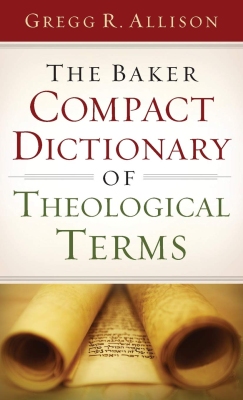
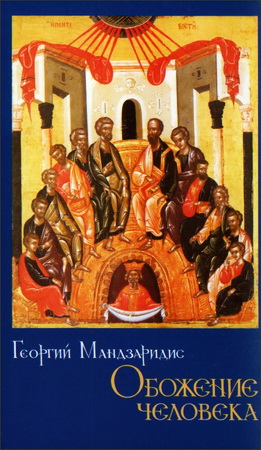

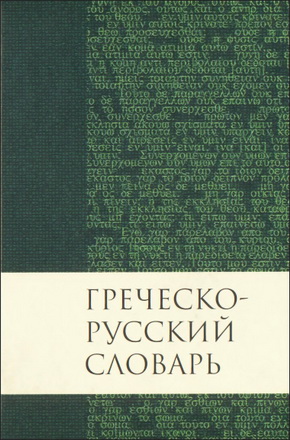
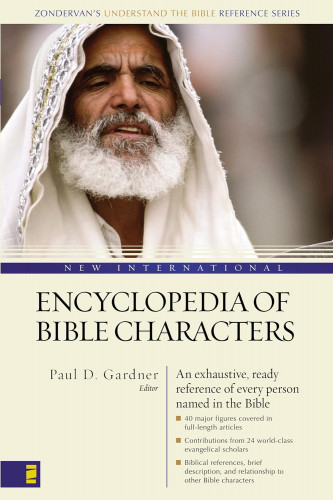
Комментарии
Пока нет комментариев. Будьте первым!